Bahasa | Bahasa Indonesia | Indonesian | Indonesian Language | Breakfast of gods
Learn Indonesian Indonesian ( Bahasa Indonesia )
Breakfast on Bali island- a relaxed, reverential, island of thousands of holy temples- is a form of prayer : the Balinese ritually cleanse themselves first by washing their bodies (traditionally necessitating a dawn walk through the rice fields to a river for a chilly morning bath) and cleaning up the kitchen before receiving spiritual nourishment form the soul of the rice.
Breakfast on Bali island- a relaxed, reverential, island of thousands of holy temples- is a form of prayer : the Balinese ritually cleanse themselves first by washing their bodies (traditionally necessitating a dawn walk through the rice fields to a river for a chilly morning bath) and cleaning up the kitchen before receiving spiritual nourishment form the soul of the rice.
The first meal of the day is a gift from the benevolent gods, and is treated and eaten with silent wonder and respect. Breakfast slowly begins on early morning village streets, where passerby are waylaid by a head-on collision of shallots sizzling and shrimp paste frying as a scorching sambal of the gods is cooked for the main daily meal. The senses are overwhelmed with spices as fragrant floating leaves exude exotic, unknown scents from steaming, bamboo cauldrons of cherished white rice. This olfactory bouquet-directed heavenwards-boldly announces that breakfast, lunch, and dinner are being prepared in the Balinese compound.
Breakfast in the sacred, sacrosanct “morning of the world” begins with one of the most exotic, exquisite, and satisfying taste sensations on planet earth: a delicious, typical, local Balinese breakfast food called bubur mebasa. Bubur mebasa (bubur means porridge in Indonesian language, and basa means spice in Balinese) is a rice porridge with saffron, Balinese spice paste, and tasty green leaves found only on a rare tree (bulan baon) sequestered in select housing compound gardents (and also-somewhat secretly- sold in the markets). Crowned with fried shallots and served on banana leaf (if you’re Balinese), or in a bowl for crockery-dependent Westerners, this dish is out of this world (and you will love the flavorful, fragrant, forbidden leaf delicacy!). Bubur mebasa saur is another porridge-like, Balinese breakfast rice soup- blessed with toasted coconut sauce and traditionally placed on a bright green, environmentally friendly, banana leaf receptacle. Flavored with salam leaves, it is often served with fried shallots, a hard-boiled egg, diced cooked chicken, or any easily digestible food (at home, the Balinese make bubur for people who are sick, depleted of energy, or for small children).
Bali boasts an entire exotic range of these velvety breakfast or snack porridges: bubur sumsum is a creamy rice porridge with palm sugar, rice flour, and coconut milk. Bubur mengguh is porridge mixed with meat (chicken or fish), vegetable, and spices-usually served on special occasions like family gatherings. Old-fashioned compound bubur consists of soft-boiled rice topped with steamed greens and soy sprouts mixed with shredded coconut, shrimp paste, chili seasoning, and coconut sauce.

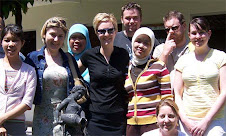

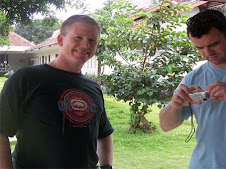
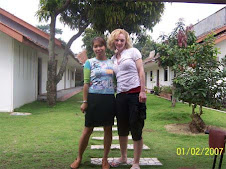
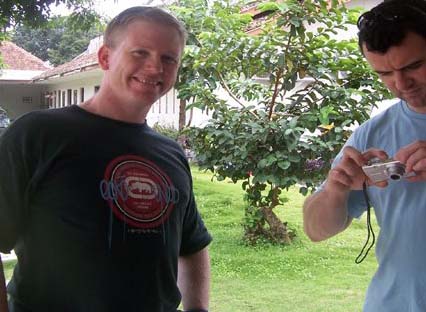
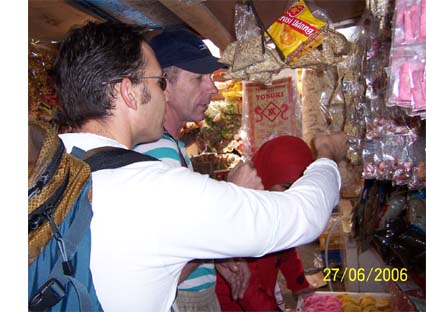
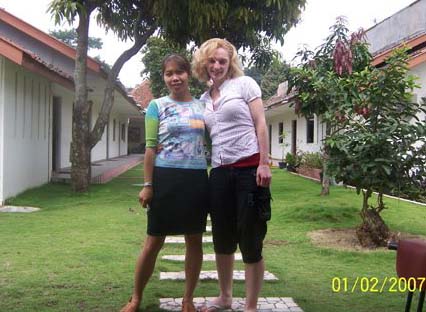


1 comment:
Learning the Indonesian language can be an enriching and rewarding experience. It is a beautiful language with a rich culture and history, and it can open up many opportunities for those who are willing to learn it. Indonesian language classes provide students with the opportunity to learn the basics of the language, as well as more complex aspects such as grammar, pronunciation, and vocabulary. Indonesian language classes
Post a Comment